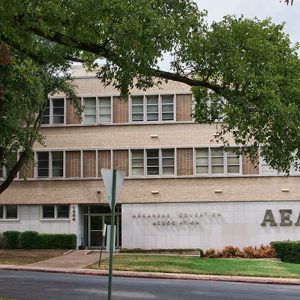 AEA Building
AEA Building
Time Period: Divergent Prosperity and the Arc of Reform (1968 - 2022)
 AEA Building
AEA Building
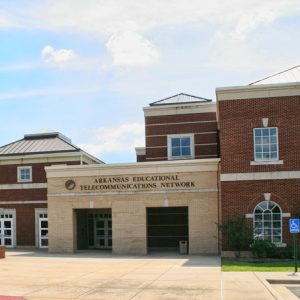 Arkansas Educational Television Network (AETN)
Arkansas Educational Television Network (AETN)
Arkansas Entertainers Hall of Fame
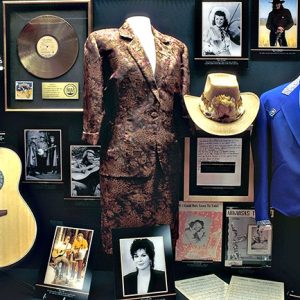 Arkansas Entertainers Hall of Fame
Arkansas Entertainers Hall of Fame
Arkansas Entomological Society
Arkansas Ethics Commission
Arkansas Fair Housing Commission
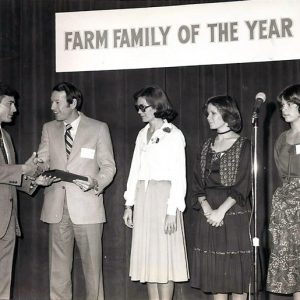 Arkansas Farm Family of the Year, 1977
Arkansas Farm Family of the Year, 1977
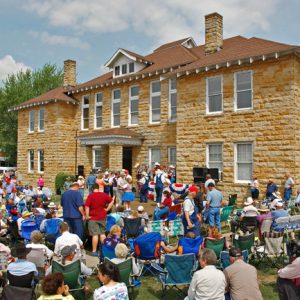 Arkansas Folk Festival
Arkansas Folk Festival
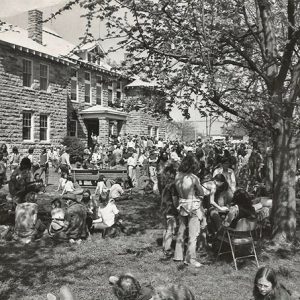 Arkansas Folk Festival
Arkansas Folk Festival
Arkansas Food Hall of Fame
Arkansas Freedom of Information Act
aka: Freedom of Information Act
aka: FOIA
Arkansas Game and Fish Commission State Fish Hatcheries
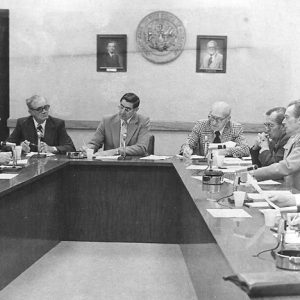 Arkansas General Assembly, 1979
Arkansas General Assembly, 1979
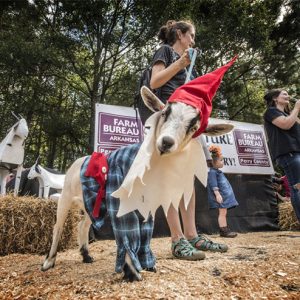 Arkansas Goat Festival
Arkansas Goat Festival
Arkansas Goat Festival
Arkansas Governor’s School (AGS)
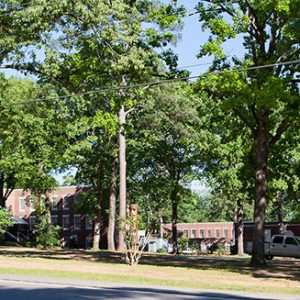 Arkansas Health Center
Arkansas Health Center
Arkansas Heritage Month
Arkansas Heritage Trails System
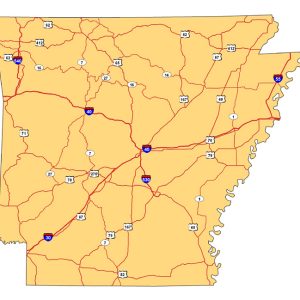 Arkansas Highways
Arkansas Highways
Arkansas Historic Preservation Program
Arkansas Historic Wine Museum
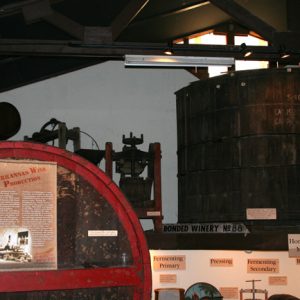 Arkansas Historic Wine Museum
Arkansas Historic Wine Museum
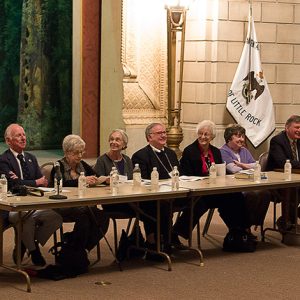 AHA Presidents
AHA Presidents
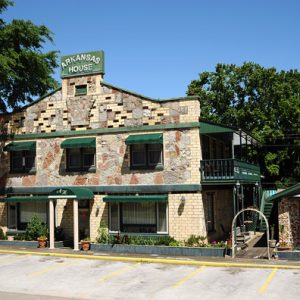 Arkansas House Inn
Arkansas House Inn
Arkansas Humanities Council (AHC)
aka: Arkansas Endowment for the Humanities
Arkansas Hunger Relief Alliance
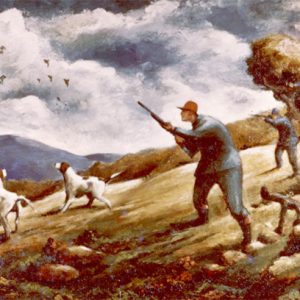 Arkansas Hunting
Arkansas Hunting
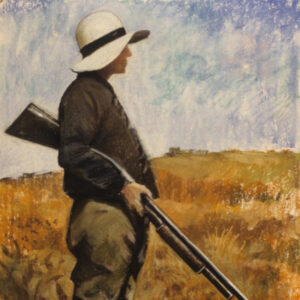 Arkansas Hunting
Arkansas Hunting
Arkansas Inland Maritime Museum
Arkansas League of the South
Arkansas Libertarian Party
aka: Libertarian Party of Arkansas
 Arkansas Literary Festival Program
Arkansas Literary Festival Program
Arkansas Literary Forum
Arkansas Living History Association
Arkansas Made [Books]
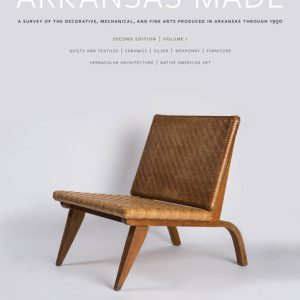 Arkansas Made 2nd Edition, Vol. 1
Arkansas Made 2nd Edition, Vol. 1
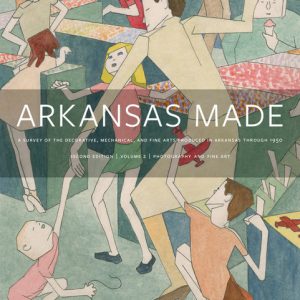 Arkansas Made 2nd Edition, Vol. 2
Arkansas Made 2nd Edition, Vol. 2
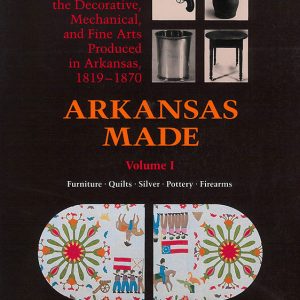 Arkansas Made Vol. I
Arkansas Made Vol. I
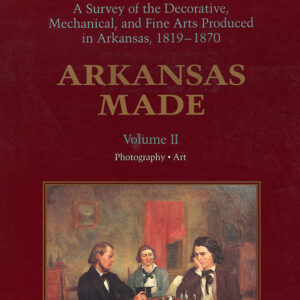 Arkansas Made Vol. II
Arkansas Made Vol. II
 Arkansas Martin Luther King Jr. Commission
Arkansas Martin Luther King Jr. Commission
Arkansas Martin Luther King Jr. Commission
 Arkansas Midland Railroad
Arkansas Midland Railroad
Arkansas Model United Nations (AMUN)
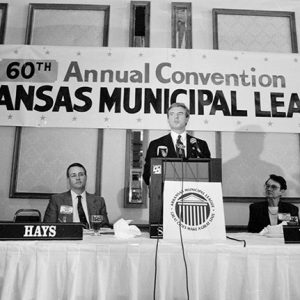 Arkansas Municipal League
Arkansas Municipal League
Arkansas Museum of Fine Arts
 Arkansas Museum of Fine Arts
Arkansas Museum of Fine Arts
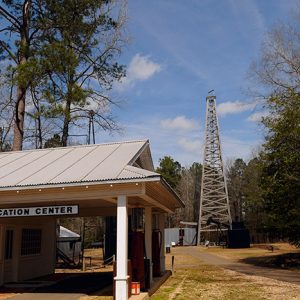 Arkansas Museum of Natural Resources
Arkansas Museum of Natural Resources
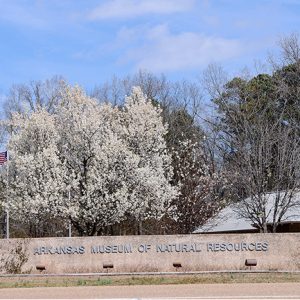 Arkansas Museum of Natural Resources
Arkansas Museum of Natural Resources




